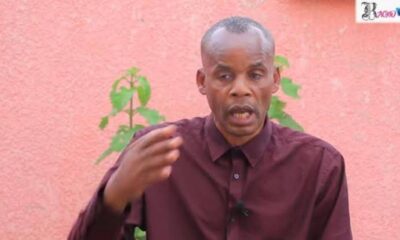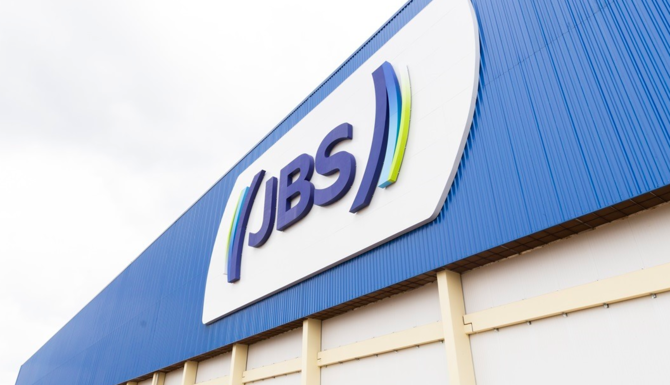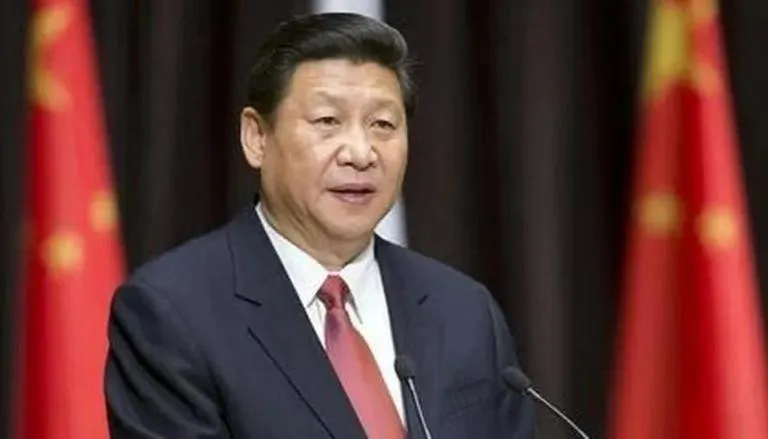The UK Home Office on Thursday, threatened that asylum seekers scheduled for deportation to Rwanda who go on hunger strike to protest the relocation, will be deported faster than others who behave themselves.
On Wednesday, around 17 refugees mainly from Syria, Egypt and Sudan, had embarked on the hunger strike at the Brook House Immigration Removal Center where they are being held, by refusing to eat or drink in protest after they were told they would be sent to Rwanda on June 14 as part of a new scheme between the UK and the African country where they would be profiled.
In a warning letter that many rights activists say can be interpreted as a threat to, the Home Office said:
“Your refusal of food and/or fluids will not necessarily lead to your removal directions being deferred. In the interests of your health and safety, we may prioritize your removal from detention and the UK.”
Some of the asylum seekers who embarked on the hunger striker said they were being treated in the UK the same as they had been while being detained in Libya before they managed to escape to the UK through the English Channel.
“I just want to be safe and free. I’m not a criminal. Why did the UK put me in prison? I have no connection with Rwanda. Why would the UK send me there?” One of the refugees said.
A Syrian detainee at the Brook House Centre who also spoke on the situation, said he and 17 others had been on hunger strike for several days. He said they would rather die than be deported to Rwanda.
An Iranian asylum-seeker, who attempted suicide, told charity workers she believed she faced being offshored to Rwanda while a 40-year-old Yemeni asylum-seeker made a video addressed to UK Prime Minister Boris Johnson and Home Secretary Priti Patel stating that after he had arrived in the UK on April 13 and found out about the Rwanda offshoring plans he had “no other choice but to kill myself.”

 Metro1 day ago
Metro1 day ago
 Musings From Abroad1 day ago
Musings From Abroad1 day ago
 Metro1 day ago
Metro1 day ago
 Sports1 day ago
Sports1 day ago





























